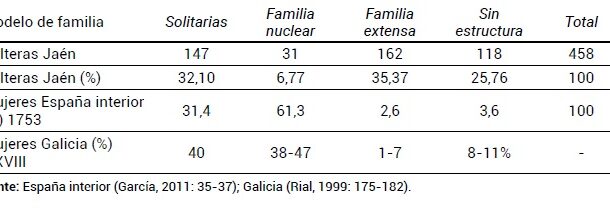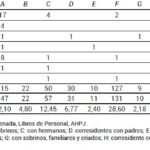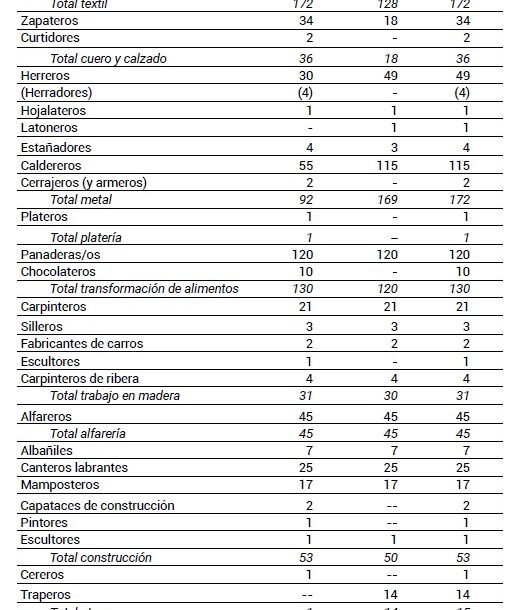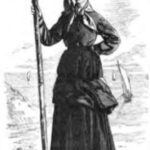
In the Ancien Régime, welfare policies were carried out through hospitals, asylum centres and ecclesiastical bodies, among others, which meant that the individual was often unprotected. Therefore, in times of family crisis, mainly in rural areas, the maintenance of family networks of mutual help among women became a fundamental element for survival, especially in the absence of optimal economic conditions; their well-being was conditioned by interpersonal and intergenerational relationships. Servitude in the household included servants who worked in the house itself, but also servants who worked in the fields. The presence of farm labourers, grooms and farmhands in the pastures of the south of the Iberian Peninsula was common throughout the year. Although the main demand for domestic service was in cities and large towns, or agro-cities, servitude was one of the most common features of the rural labour system. Servants were found in the homes of farm and wealthy women. In addition to this, servants were present in the households of those for whom no occupation was indicated, but who had enough rustic wealth to suggest that they were wealthy.
Collection: Statistics
Project: 3. Rural world and urban world in the formation of the European identity., 4. Family, daily life and social inequality in Europe.
Chronology: XVIII
Scope: Secondary Education, Baccalaureate, University
Link: https://adeh.org/wp-content/uploads/2020/09/ADEH-2020-7-Raquel-Tovar-Pulido.pdf
Resource type: Statistics
Format: Table
Source: Tovar Pulido, Raquel, «Mujeres solteras e independientes en la España del siglo XVIII: rentas familiares y gestión patrimonial en el mediodía peninsular», Revista de Demografía Histórica, vol. 38, nº1, 2020, pp. 149–176.
Language: Spanish
Date: 2020
Owner: Álvaro Romero González (Modernalia)
Copyright: Raquel Tovar Pulido, Revista de Demografía Histórica
Abstract: Family groupings during the 18th century through male and female samples
Image
Tags






